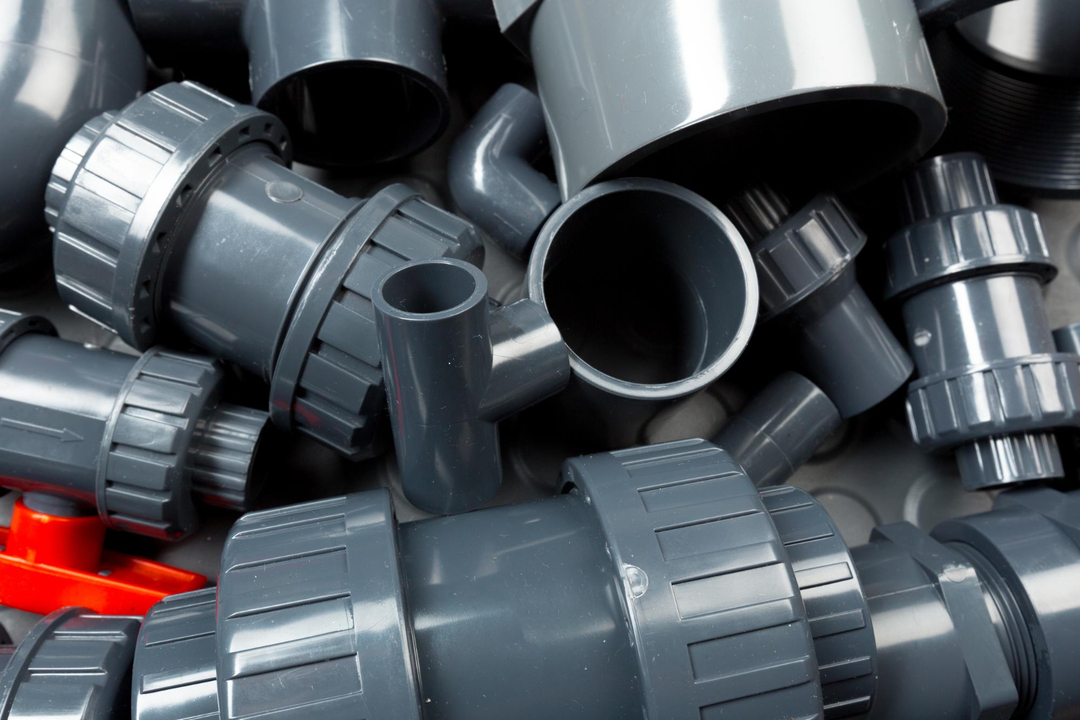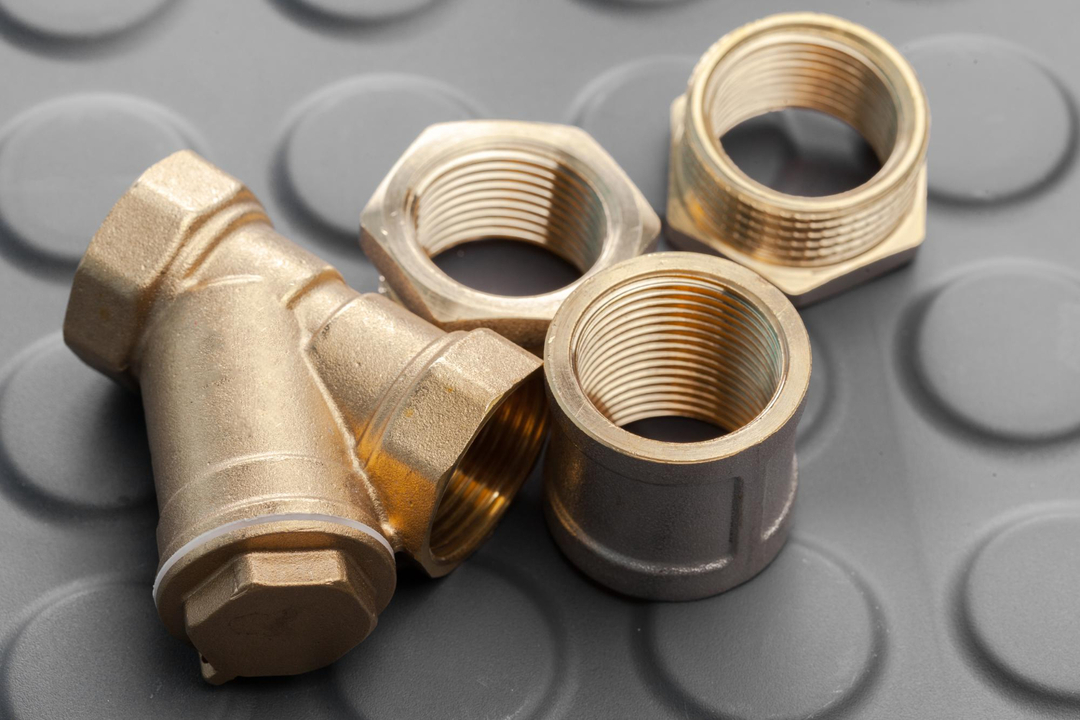Couplings play an important role in connecting polyethylene pipes in pipeline systems. There are several different types of couplings, each with their own features and benefits. In this article we will compare HDPE electric welded couplings with other coupling types to help you choose the best option for your project.

1. Electric welded HDPE couplings:
Advantages:
- Sealing: Electric welded HDPE couplings provide high tightness of the connection, eliminating the possibility of leaks of gases or liquids.
- Durability and reliability: They have high strength and reliability of the connection, can withstand high pressure and ensure the durability of the pipeline system.
- Simplicity and speed of installation: The installation process of HDPE electric-welded couplings is relatively simple and quick, which reduces the time required to connect pipes.
- Adaptability to temperature extremes: Electric-welded HDPE couplings are able to withstand both low and high temperatures without losing their characteristics.
Flaws:
- Equipment and skills: Installation of HDPE electric-welded couplings requires special equipment and skills. Buying a welding machine requires a certain investment, but it is possible to rent such machines, which may be a more economical and convenient solution for some users.
- Difficulty in repair: Pipeline system repairs involving HDPE electrofusion couplings can be complex and require specialized equipment and qualified personnel.
2. Couplings with threaded connection:
Advantages:
- Ease of installation: Threaded couplings are easy to install without the need for special equipment or skills.
- Possibility of dismantling and reinstallation: Threaded couplings can be easily removed and installed in another location if necessary. This makes it easier to carry out repairs or change the system configuration.
Flaws:
- Possibility of leaks: Couplings with a threaded connection may be less airtight than electric welded HDPE couplings, which can lead to possible leaks of gases or liquids.
- Less strength: Threaded couplings may have lower connection strength and reliability, especially at high pressures or temperatures.
- Installation time: Installing a threaded coupling may take longer due to the correct threading procedure.

3. Compression couplings:
Advantages:
- Ease of installation: Compression couplings are easy to install without the need for special equipment.
- High tightness: Compression couplings provide a reliable, tight connection, preventing possible leaks.
Flaws:
- Limited applicability: Compression couplings are not always suitable for use in high pressures or temperatures.
- Limited Strength: Couplings of this type may be less durable compared to electric-welded HDPE couplings, especially when low-quality components are used.
When choosing the type of coupling for your project, there are many factors to consider, such as the required strength, tightness, operating conditions and availability of equipment and skills for installation and repair. Various online stores offer a wide range of electric welded couplings, which are distinguished by high quality and reliability. Carefully weigh the advantages and disadvantages of each type of coupling and consult with professionals to make the right choice.
